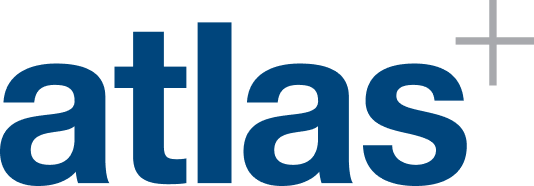Atlas Attended The 65th Anniversary Of The Faculty Of Civil Engineering Of The Ho Chi Minh City University of Technology As A sSilver Sponsor

Last Saturday, Atlas attended the 65th anniversary of the Faculty of Civil Engineering of the Ho Chi Minh City University of Technology as a silver sponsor.
The Ho Chi Minh City University of Technology has been known as one of the top universities that educated thousands of talented architects and engineers in Vietnam each year and Atlas is proud that our team has many staff who have graduated from this prestigious school. As a strategic partner, we will continue to develop, train, and support the young generation to access the global work environment in their career path.
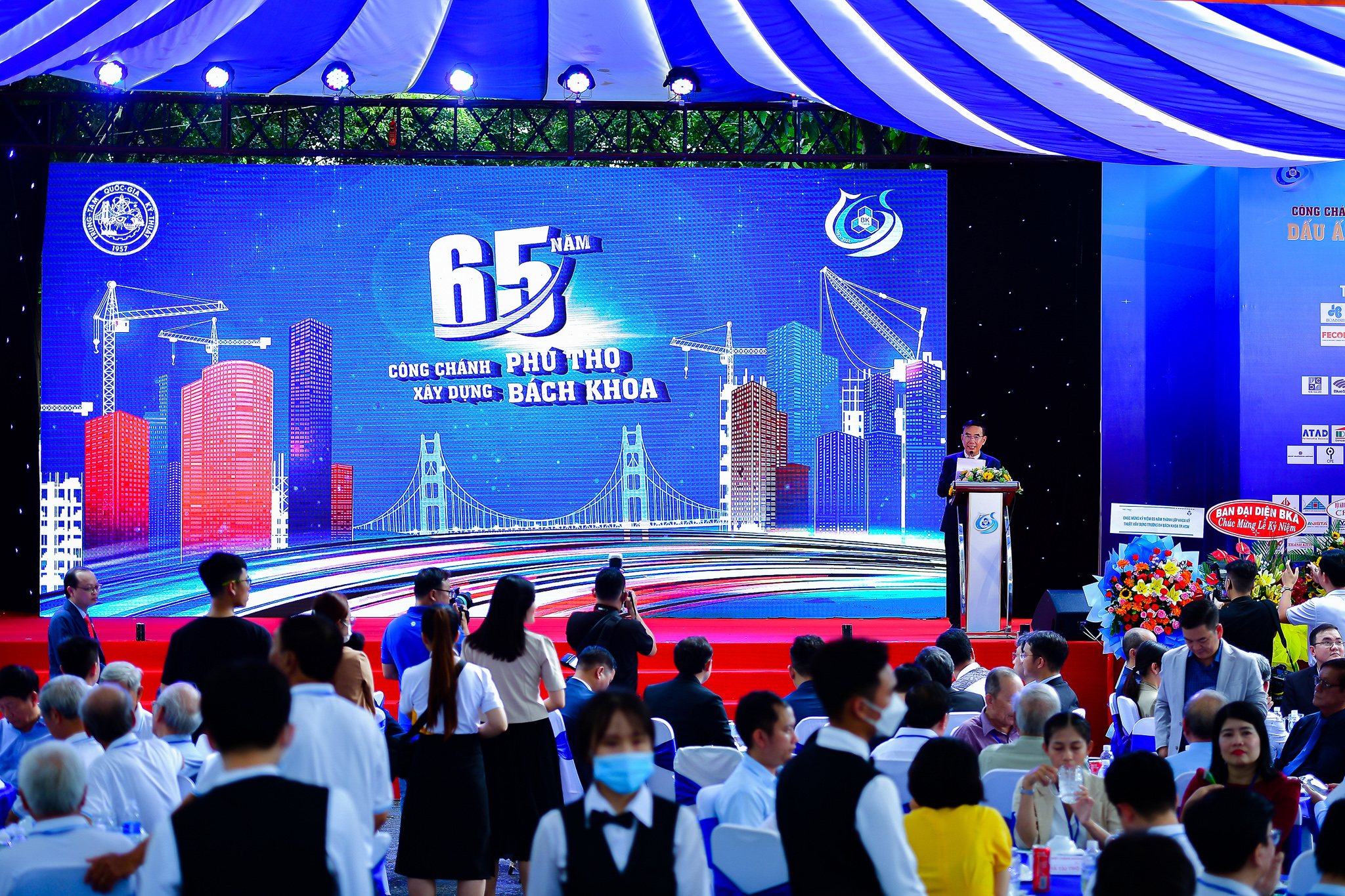

.jpg)
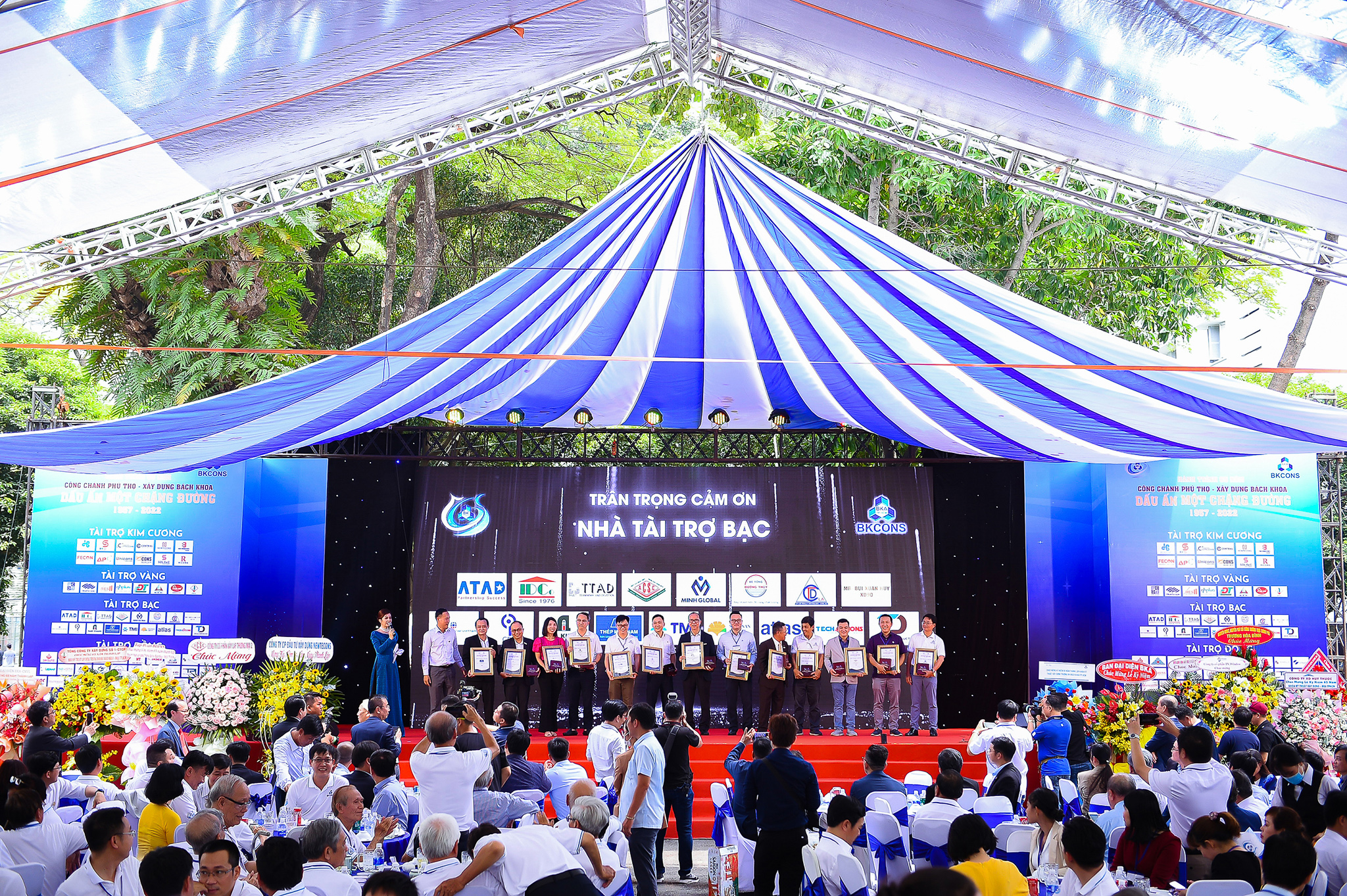

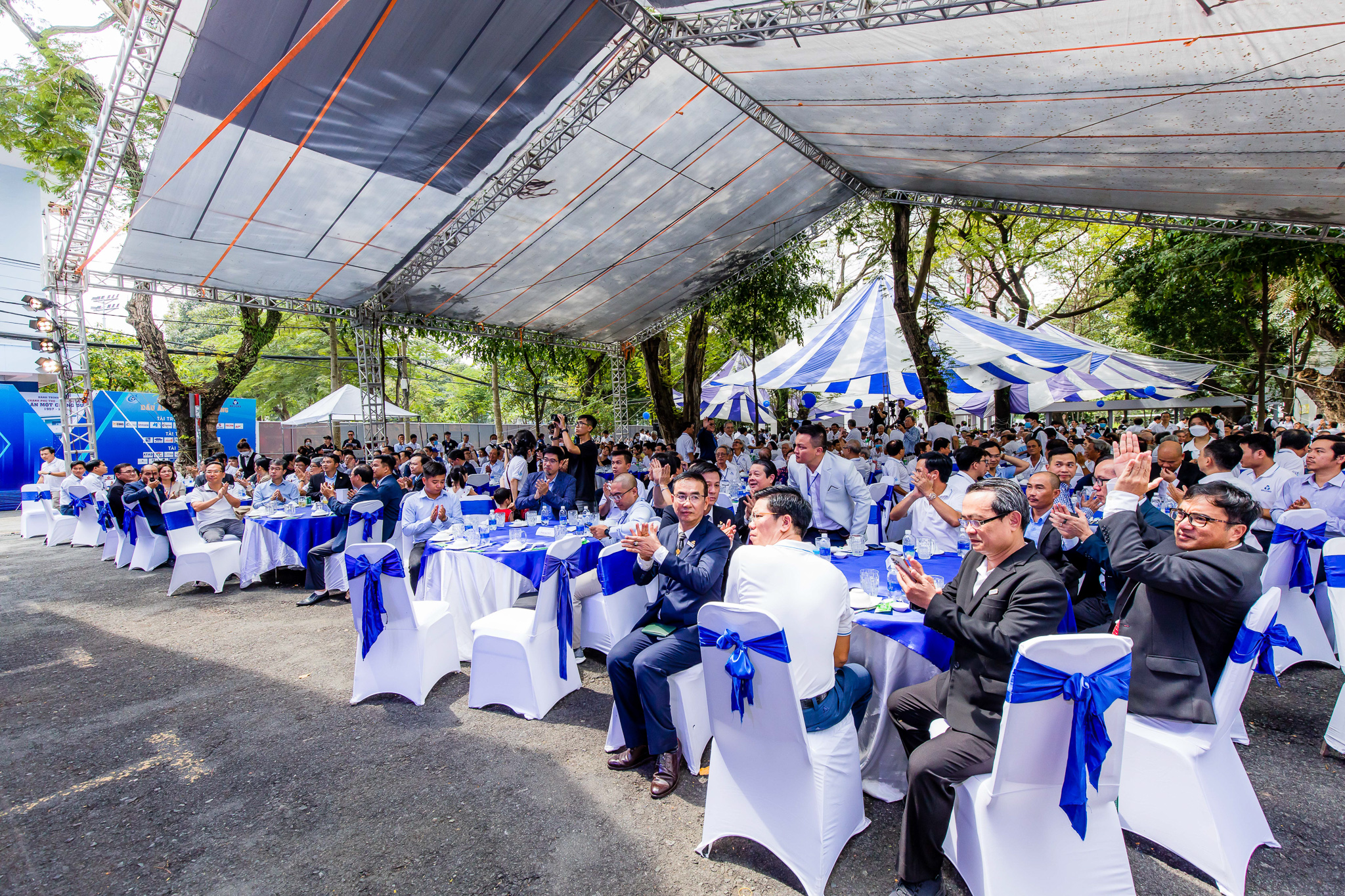
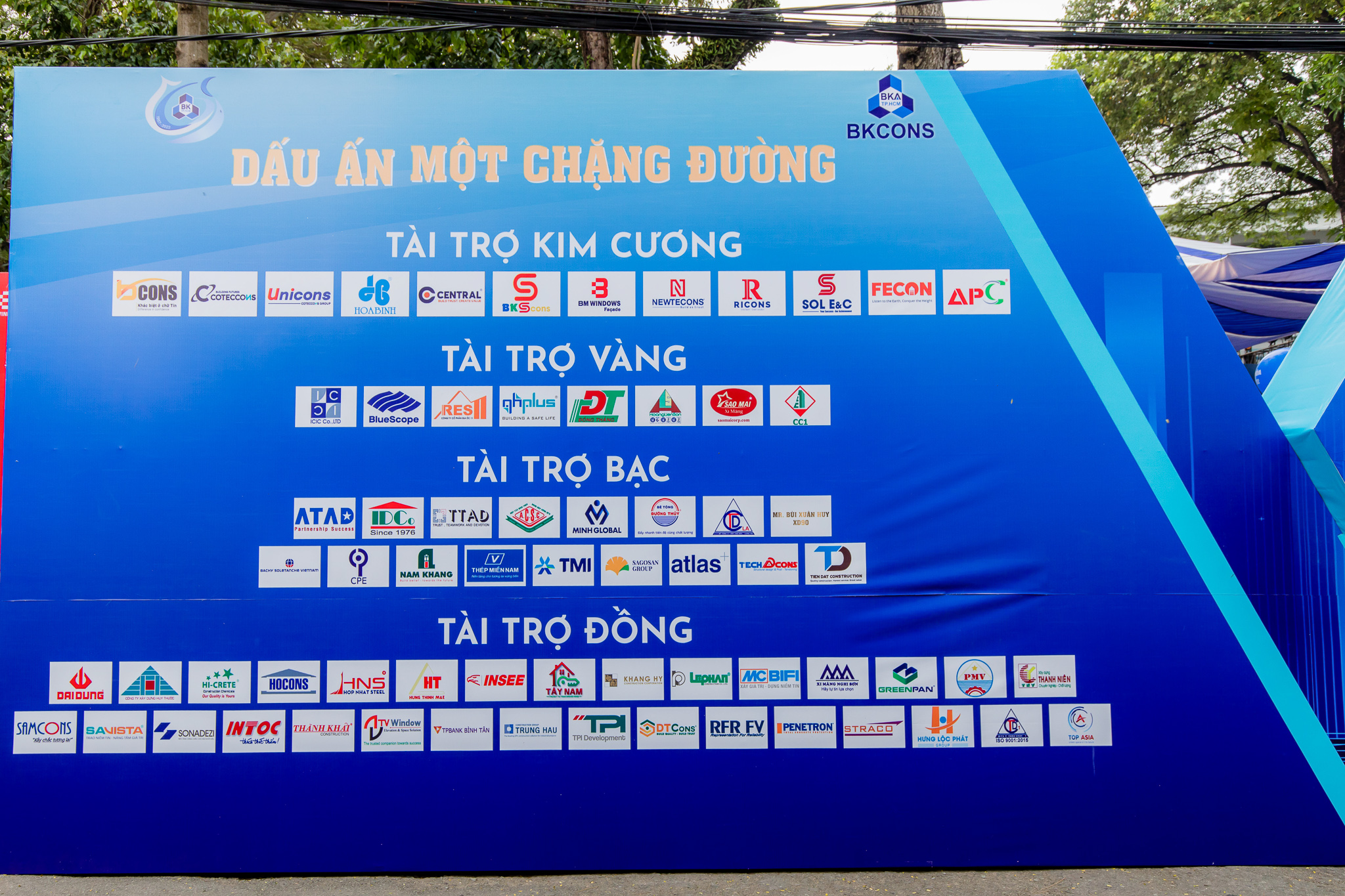
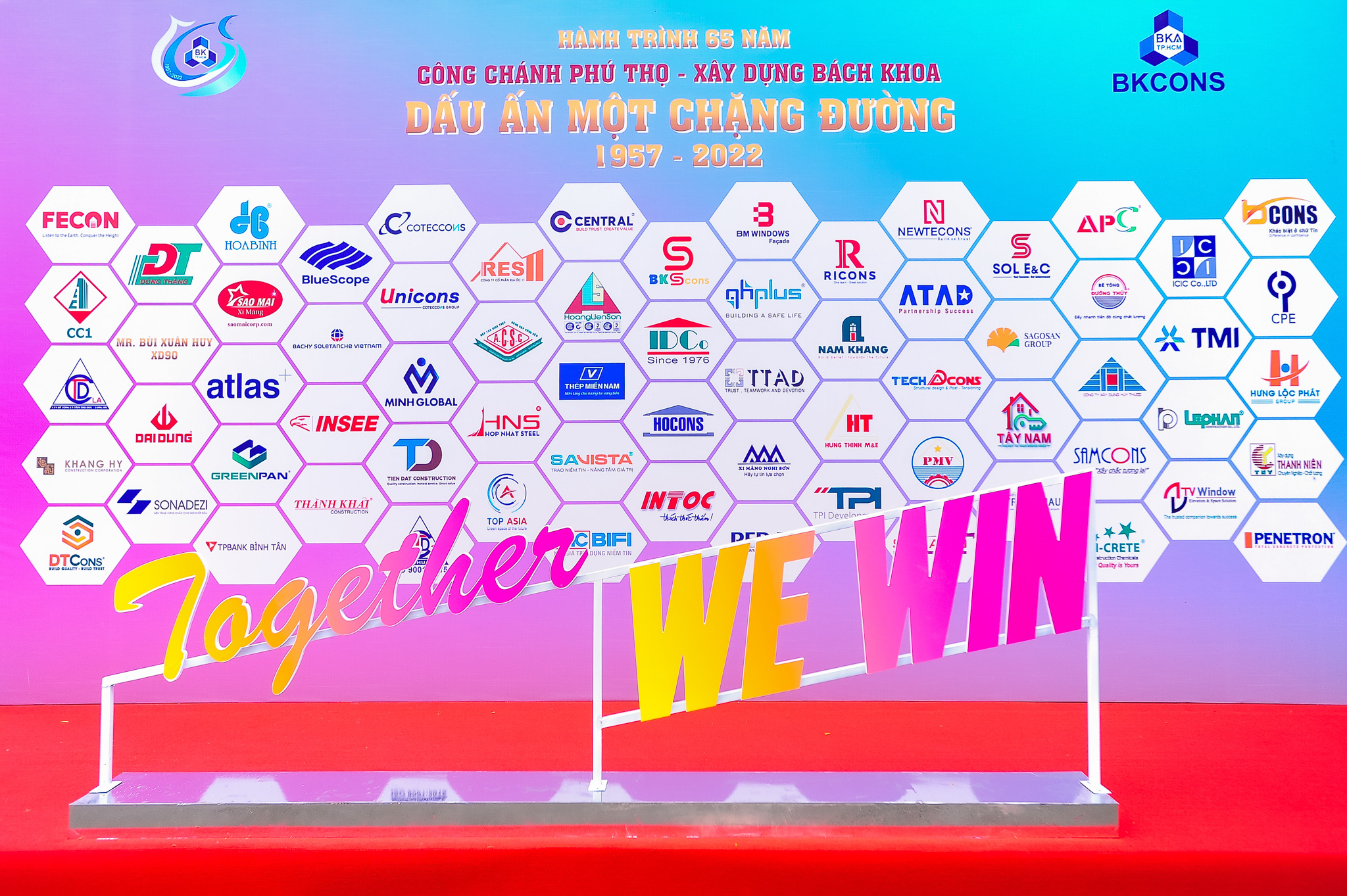
Related news :
Paul talks about his experience from the UK to Vietnam.
How long have you been at Atlas?
I joined Atlas in 2016 as an Architecture Manager, looking after a number of key Architect and Interior Design 1 deposit casino nz.com client accounts in the UK, Australia and New Zealand markets. My current role is Architecture Group Manager, managing a team of up to 50 very talented local Architects and Technicians, and overseeing delivery of large projects in multiple sectors and regions, including the Middle East.
What were you doing before you discovered Atlas?
I’m a UK Chartered Architect with 18 years post qualification experience. I spent many of those professional years as a Project Leader and later Associate for a London based Architecture Design Practice, working on mostly large scale residential projects from concept design, through detailed planning and technical design, to working drawings on site. Before that, I completed my Architecture Degree and Diploma in Edinburgh and Berlin.
What brings you to Atlas? / How do you know about Atlas?
During my previous London life, we used Atlas services for a number of years on a large urban regeneration project in the UK. As an Atlas client, we developed a strong working relationship with the Vietnam based Atlas documentation team and benefited from their high quality and cost effective support. I recall having Atlas VN staff working in our London office for a couple of months, which really helped cement the Atlas ‘one team’ approach between the project delivery teams in London and Saigon.
What makes you happy about working at Atlas?
The Vietnamese staff here are simply great. They are talented, bright, eager to improve, and focused on learning from each project. Those who get the opportunity to work with our clients abroad or study overseas are bringing back a different mindset for problem solving and are actively involved in helping their fellow colleagues who haven’t had similar opportunities. The predominantly young staff are interested in working with our international clients and learning best practices, new techniques, and fresh skills, and are generally quite honest about the challenges ahead.
What’s the focus of your role?
As Group Manager, my main role is to manage the staff under my supervision to complete projects on time, on budget and to the satisfaction of the client’s scope and brief.
GMs have a pivotal role in communications with clients, supporting BDMs to win work & proposal generation, reporting on commercial & operational matters to senior management, and providing guidance and support to the project delivery teams.
Can you describe a typical day?
I’m often reviewing progress or trouble-shooting on current projects with my teams, attending client calls and operations meetings, or meeting new potential business partners. I can also spend a day working on proposals for new work, negotiating variations, or doing a forecast on pipeline for the coming weeks. It’s all about prioritization and planning. You make your own schedule, so time management is really important.
Which technology excites you the most?
Working for a global company such as Atlas, you see the world changing faster than ever. The emergence of 3D scanning and printing, augmented reality, Building Information Modelling (BIM), drones, autonomous equipment and advanced building materials – all of which are now adopted by our industry. Companies can boost productivity by exploiting such technology, enhance quality and safety, and streamline their management and procedures. That’s pretty exciting.
What is the most interesting project that you have been working on so far?
An emblematic Towers project, designed by a well-known Starchitect.
One last question, how do you spend your spare time?
I love exploring the city- each district has its own vibe and charm. The vibrant café culture in Vietnam is strong- and so is the coffee! The effort put into design of these popular Instagrammable spots is staggering, and very creative. In between café hopping around Saigon, I’m discovering the incredible cuisine and diversity of the local street food. Or if I want to get out of the city, the beach is never far away…
Thank you for taking the time to speak with us Paul!
Minh Anh talks about his experience, challenges and what makes him happy about working with Atlas for almost 20 years.
How long have you been at Atlas?
As of November 2020, yes I’ve been 18 years with Atlas. I joined Atlas in November 2002, starting as an 1 deposit casino canada.com Architect doing 2D documentation drawings before being promoted to a Team Leader role, which was “Project Lead” title at this time. Eventually I was became an Architecture Manager, then Group Manager, currently managing a group of 30-40 staff working within various region including UK, Australia, NZ and UAE.
What were you doing before you discovered Atlas?
I used to work for a few international firms in the local Vietnam market before joining Atlas. They were SPCC (Sino-Pacific Construction Consultancy Co.Ltd) and NQH Architects Ltd, who did a major residential development in District 7, Saigon South, HCMC.
What brings you to Atlas? / How do you know about Atlas?
I had a Structural Engineer colleague who used to work with me at SPCC before she joined Atlas. She is the one to introduce me to the Atlas recruitment team and it didn’t take much time for me to decide to join the Atlas family. This was an opportunity for a young architect (me) to work closely with some of well-known architectural firms in UK on various international projects across the globe. How often people would say “no” to this!
What makes you happy about working at Atlas?
Joining Atlas was a good decision. Staying with Atlas for almost 20 years of my life has been rewarding. I have stuck around that long because Atlas provides an international professional working environment, provides a close “family” atmosphere from the very top management level down to each team member. At Atlas, you receive enough trainings, for both languages and software, and are also provided fair opportunities to develop your own skills and strength through actual project work, with tireless support from the senior management team to help with challenges during your career path within Atlas.
What’s the focus of your role?
As Group Manager, my role is primarily to manage client accounts from UK, New Zealand & Australia, to work closely with client design teams from Planning/ Concept Stage through Design Development to Construction Documentation Stages, to ensure client delivery programme and quality requirements are all met. We see ourselves here in Atlas as an extended delivery team providing support and depth at skills to the client design team. My job is also to manage team communications and client instructions between Atlas and the client team, doing this thoughtfully and effectively.
Can you describe a typical day?
Starting my day by checking my inbox, getting through all email correspondence coming through over a night, prioritizing tasks to ensure I have sufficient time during a day to respond to urgent requests. Talking to my management teams (Architecture Managers and Seniors) to follow & catch up on their project progress, discuss and agree with them a way moving forward to ensure our project delivery is going smoothly & effectively. I also assist the Atlas Proposal Team to review and work up fee proposal for new projects, often communicating with Atlas Business Development Teams to clarify Atlas scope of work and client expectations in order to provide the most appropriate proposals.
Which technology excites you the most?
Having a technical background, I find BIM technology is absolutely a great tool to develop the industry further to a next level. “3D printing” potential is exciting. To “print a house” rather than “build a house”! How cool is that! This technique is definitely the most efficient way to turn a design on paper into reality.
What is the most interesting project that you have been working on so far?
My first documentation project, Bridge Water Place in Leeds, UK, which is a mixed-use residential skyscraper building, having 40,000 sqm (430,000 sqft), 200 flats and 400 car parking spaces. It is the tallest building in Leeds with 32 storeys (112m height), 2 underground floors for car parks, 10 for office spaces and 20 for apartments. Its construction was completed in 2007.
What advice would you pass to someone entering the industry?
Learn tirelessly, work smartly, play faithfully & always stay positive.
One last question, how do you spend your spare time?
Managing my own team at home: Lucas 5 and Ryan 2 year-old.
Thank you for taking the time to speak with us Minh Anh!
Every month we’re portraying a different Atlas employee, so you can learn more about the person behind the role. In this issue, we focus on Phuong Pham, an architecture manager based in our Ho Chi Minh City production office. She shares with us what enticed her to join Atlas, why Atlas has a big impact on her career, and her thoughts on architecture in many aspects.
How long have you been at Atlas?
Roughly 10 years from 2004, with a break of 6 years in between when I came to London for my master degree and a couple years of working with UK practices.
What were you doing before you discovered Atlas?
Designing private houses in my hometown, with a small group of young architects.
What brings you to Atlas? / How do you know about Atlas?
Atlas had a reputation for being a good place for young graduates so one of my friend convinced me to give it a try even though I was not confident about my English at the time.
What makes you happy about working at Atlas?
Having the opportunities to approach cutting-edge projects – from schools to airports, from department stores to high-end hotels, etc. at various design stages – concept through to construction. Technical knowledge & software skills gained from working on these projects are invaluable. What also equally amazing is that you achieve all those with a team, not on your own!
What’s the focus of your role?
As an architecture deliver manager, I consider myself a bridge between the design team (clients) and documentation team (Atlas) – That is interpreting the clients’ requirements into a clear map of tasks and making sure the final documentation package is well received.
I highly value the QA/QC process, especially how to prevent mistakes before they occur. In order to do that, a clear communication channel needs to be maintained at all time.
I know I do it right when we have happy client and happy team.
Can you describe a typical day?
Checking clients’ e-mails then talking to my (various) project teams and making sure our thoughts are aligned on what we need to do during the day. At this point, I will answer as many questions I can, then other queries will be put on RFI forms and sent to the clients for further clarification. Once the teams finish their work, I will do a final check before we confirm completion to the clients.
Which technology excites you the most?
I am not a tech person but I found that BIM has a great impact on our workflow. It is the power of managing all information in one place to allow different teams to work and update instantly. This tech requires a certain level of knowledge that we use within Atlas, however it is not widely used yet in the consulting industry.
What is the most interesting project that you have been working on so far?
A mix-used scheme in the Middle East – The site comprises a residential tower, a hotel and its facilities, luxury villas, a cinema complex, restaurants and retails promenade. It takes us nearly 4 years from schematic design to tender stage with numerous design changes, technical coordination, etc.
What advice would you pass to someone entering the industry?
Focus your mind into what you do, do your best and never stop learning.
Thank you for taking the time to speak with us Nam Phuong!
Atlas’ key representative in New Zealand talks about the challenges facing the New Zealand construction industry: lack of skilled builders, architects and technicians skilled in seismic design, accessibility laws and water tightness.
New Zealand’s challenges seem quite unique Neil.
They are. Other countries and regions have to deal with earthquakes – such as Japan, Canada and California; Vancouver, Canada also has to deal with water-tightness; but I believe New Zealand is the only region which has such stringent accessibility laws. We are required to design and build to higher standards of accessibility, water-tightness and seismic resilience. We also use different materials for housing – we use more timber as it’s plentiful and earthquake-resistant.
So how does Atlas help the industry to respond to these challenges?
A good example is the work we have done on Christchurch Town Hall which was badly affected by an earthquake in 2019. It’s locally 1 deposit casino uk.com regarded as an architecturally significant building, designed by New Zealand practice Warren and Mahoney so it was important to restore it carefully – including the soundproofing panels, all of which moved significantly during the earthquakes.
Following the earthquake, our team conducted a cloud point survey and built a Revit model in conjunction with Warren and Mahoney Technologies. We took the original as built drawings and overlaid them with a new Revit model plans. This allowed us to understand building movement and how to restore the Interior back to Its original positions
What else are clients talking to you about?
They’re actually asking about the team they’ll be working with. They know we work well in the cloud but they still want to know that they’ll be working with good people – who deliver on the unique challenges in New Zealand. Kiwis tend to be quite direct and they like having honest relationships. This can be a challenge for us when dealing with other business cultures.
And what technology is impressing the industry?
They’re interested in what we are doing internationally – and the fact that we’ve done so much of it remotely, using an in-country team backed by the skilled team in our Vietnam operation centre. This was the case with our work with Hong Kong International Airport and with the baggage facilities in Changi Airport. It was complex, yet accurately delivered. All these projects show how our skilled team can supplement those of our clients – even when we’re not close by!
Thank you for taking the time to speak with us Neil!
